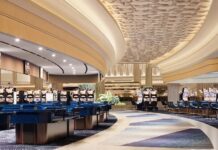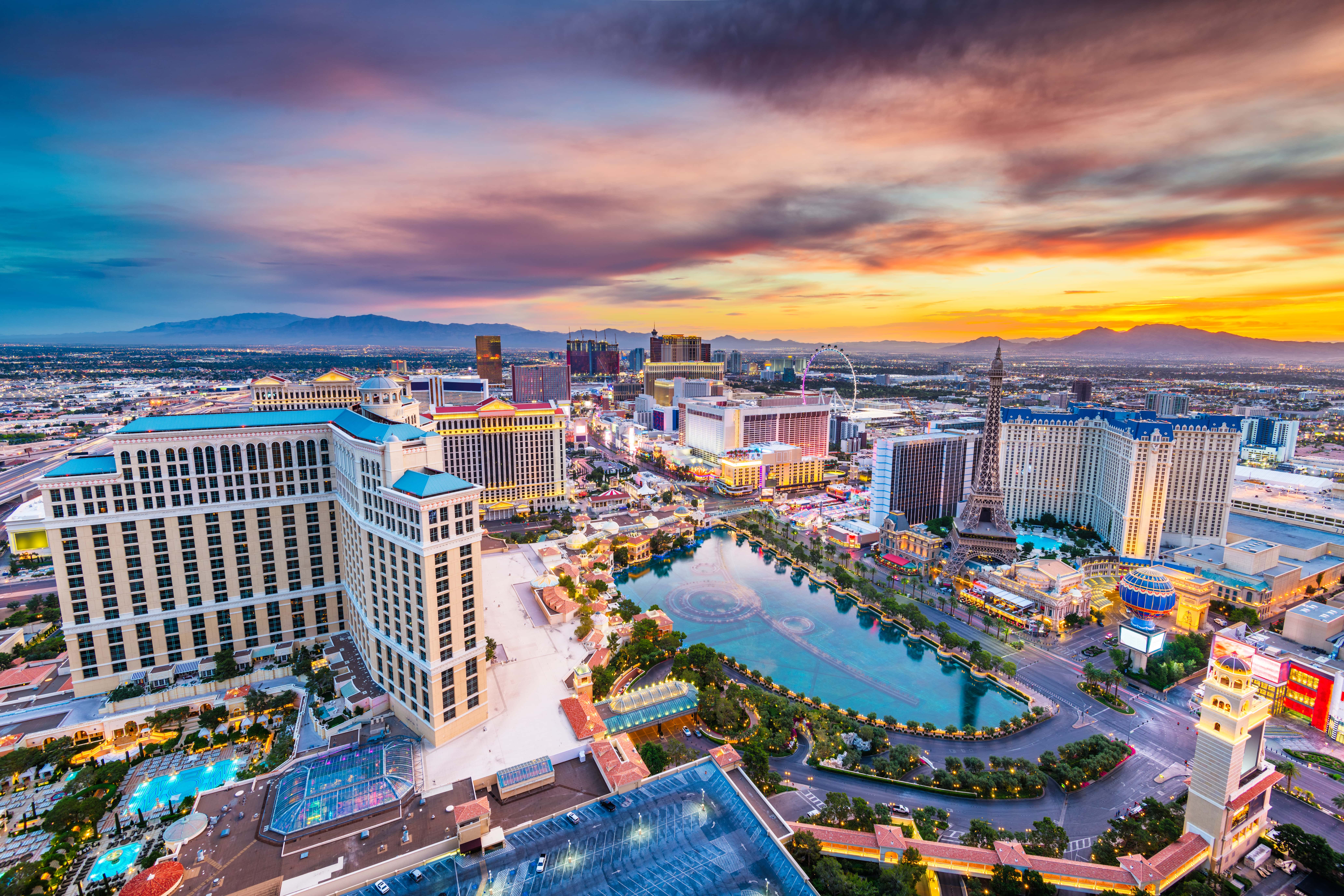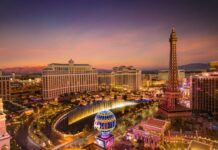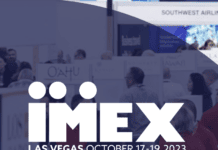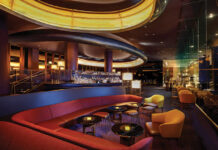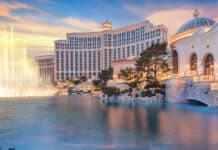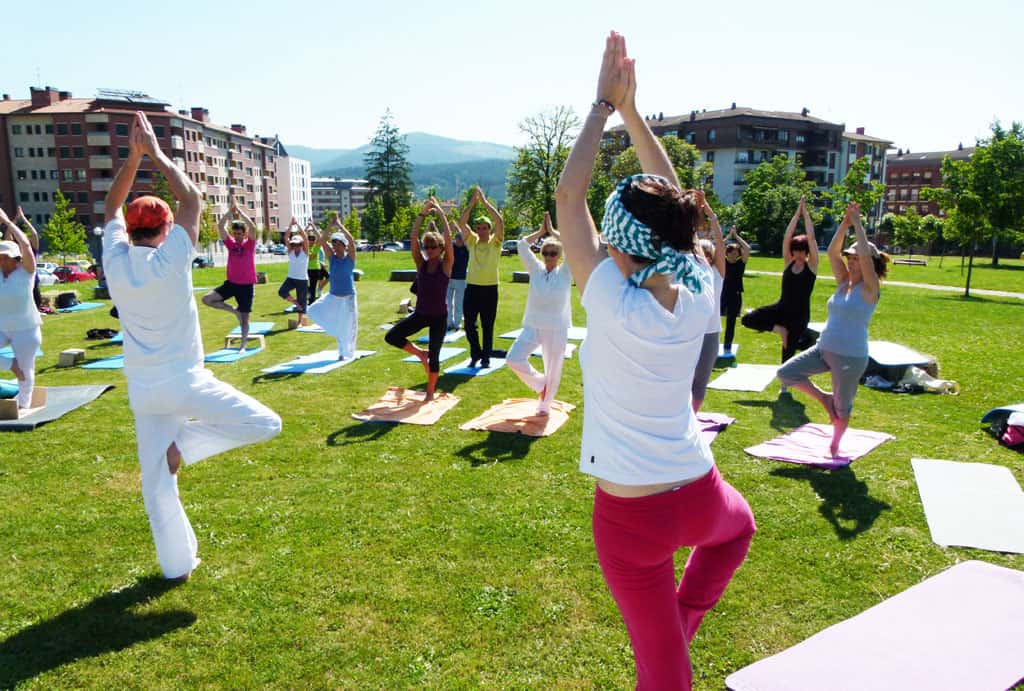
On the Verge
One of the most engaging medical meetings occurred in Mexico City this past November, where the theme “Building a Well World” was explored by 470 delegates with cross-disciplinary backgrounds from over 40 countries. On the agenda? Everything from cracking the epigenome to the “Uberization” of massage to the medical world’s equivalent to tech’s wearables, digestible health-tracking nanotechnology. Back in the US, these hybrid meetings—equal parts education and experiential—are making their own splash, often quite literally. Here are three US cities at the tipping point of medical meetings that urge attendees to meet and be well.
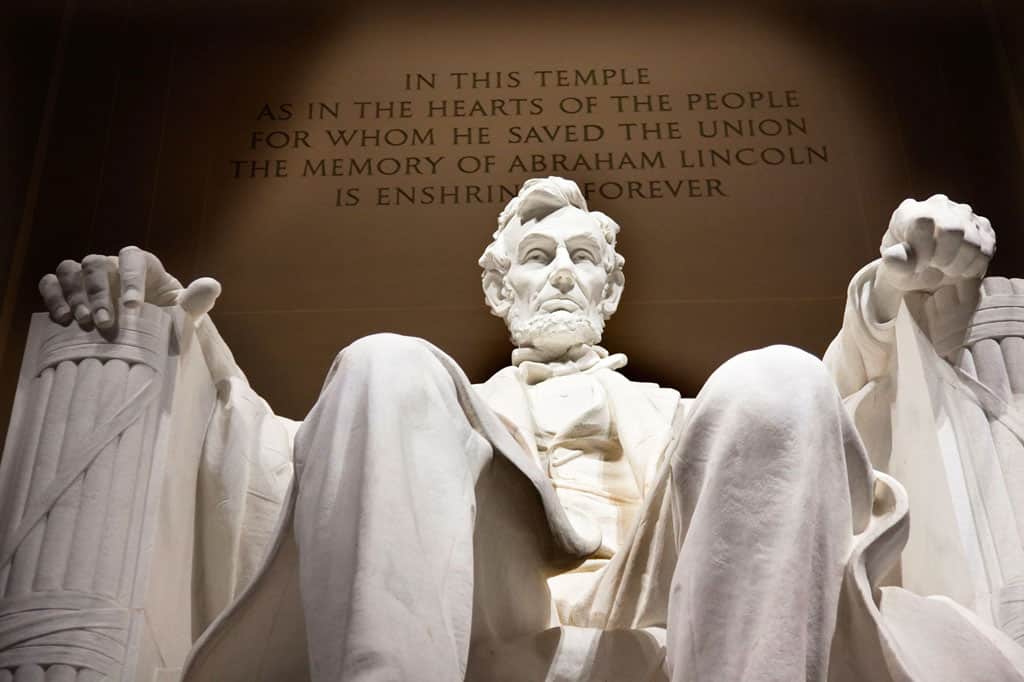
Washington, DC
Last year, the American Academy of Pediatrics held a 5k run and scavenger hunt that immersed groups into a heated race through the city with the Lincoln Memorial, National Mall and other historic landmarks as backdrops. The races, held in conjunction with the academy’s National conference, marked a new trend in DC meetings, according to Melissa Riley, VP of sales and services for Destination DC—one far removed from the traditional “stand up and shake it off” approach.
“We’re seeing a movement toward more structured, on-demand ‘micro sessions’ such as a 15-minute yoga class coordinated by a third-party like X-Bytes. Many companies offering wellness programs can extend these when staff is out of the office and in a conference center.”
Over 250,000 room nights have been booked for 42 medical meetings this year. And if you think election year buzz is stealing the bulk of DC limelight, think again. A $9 billion investment is heralding in a number of hotels, cultural institutions and neighborhood investments like retail and restaurants.
“Medical is our No. 1 market segment,” Riley adds. “DC is a hub for intellectual resonance with Capitol Hill, 180+ embassies and consulates, the FDA World Bank, NIH and more than a dozen universities serving as unique resources.” The I-270 corridor connecting metro-DC to Frederick, Md., is home to so many medical and biolife industries that it’s known as “DNA Alley.”
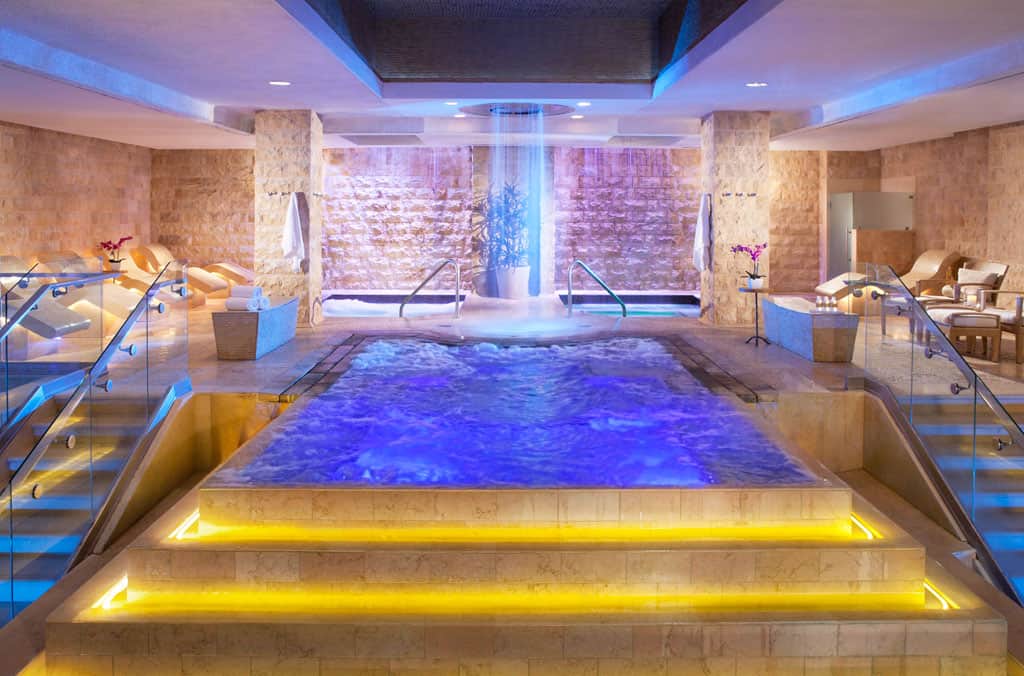
Las Vegas
Among all that glistens in Las Vegas is a vast inventory of meeting facilities for continuing medical education. Biotechnology is a hot ticket throughout Nevada, generating over $280 million in value output. As such, facilities for hands-on bio-skills labs and surgical training, clinical simulations are plentiful. The city offers more than 50 resort wellness spas, many offering on-site services, and has gained some traction with Spafinder.com as a trend setter in the area of culturally diverse treatments—from Japanese stone beds and Turkish hammams to Shio salt rooms and Moroccan rhassoul—and alternative treatments like chakra balancing, reflexology and dream interpretation. All this, combined with the more than 150,000 rooms available at an average of $107 per night and niche accommodations like MGM Grand’s “Stay Well” suites and other eco-friendly options, make Las Vegas a cutting edge medical meetings destination.
Medical groups will have access to a broad network of renowned experts, including the Cleveland Clinic Lou Ruvo Center for Brain Health; Comprehensive Cancer Centers of Nevada affiliated with UCLA Clinical Trials and the US Oncology Network; and Dignity Health Stanford Center for Neurosurgery.
One of the perks for MICE groups is the variety of wellness options offered by the medical community such as comprehensive diagnostic physicals and dental services. Many of these one-on-one treatments can be arranged with catered meals and in-room business services in a private, spa-like environment.
“The concept of incorporating health and wellness into meetings is growing in popularity,” says Cheryl Smith, the LVCVA’s specialty markets manager. “Emerging trends include guided meditation to start meeting sessions, ‘pop-up spas’ outside of meeting areas and the incorporation of healthy culinary options. We’re also seeing some groups incorporate ‘voluntourism’ efforts that blend attending the conference with some type of community or environmental project.”
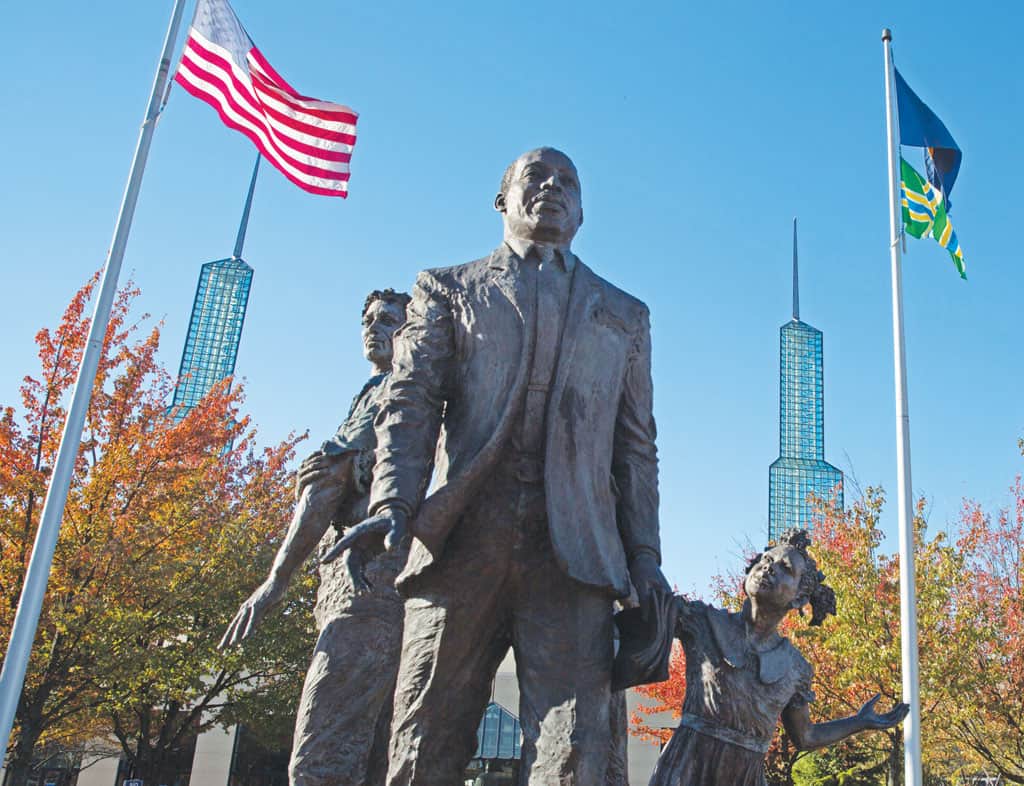
Portland
Admittedly, medical meetings is a growth area for Portland, says Mike Smith, VP of convention sales for Travel Portland, but the city’s six medical meetings scheduled for 2016 are anything but small. The more than 3,500 delegates from 65 countries attending the 4th annual World Parkinson’s Congress this September will not only learn about cutting edge science and research from some of the most renowned health professionals and researchers globally, but will have the opportunity to delve into a specialized wellness program. Four rooms at the Oregon Convention Center will offer yoga classes, massages, meditation and a care partner lounge for partners of those afflicted with the disease.
Throughout Portland, wellness opportunities abound—from artful walks around the East Bank Esplanade and urban spas with experiential treatments to indoor rock climbing workshops and guided bike tours across 315 miles of paths. Still, Smith says another medical meetings trend is also gaining momentum.
“We are seeing a lot of excitement around opportunities to accommodate a scientific or research component at conventions,” Smith adds. “Delegates seem to love having the opportunity to dive into their expertise en masse with like-minded colleagues.”
Most of Portland’s 2016’s meetings are focused on smaller venues like the Portland Marriott Downtown Waterfront hotel, whose largest event space holds around 2,000. When it came to choosing a host city for the World Parkinson Congress, Elizabeth Pollard, executive director of the World Parkinson Coalition, says size wasn’t the only factor.
“[Portland] is easy to navigate and highly accessible—phenomenal research is being done at OHSU as well as other Parkinson’s organizations in the city and in Washington.”





